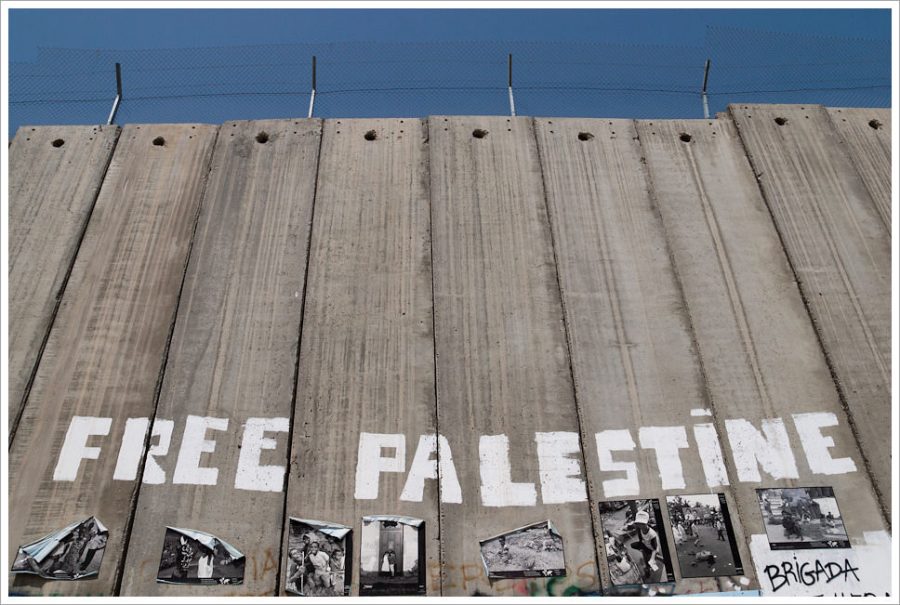Let’s talk about Israel-Palestine again
April 5, 2017
At any given point in history, there seems to be a conflict looming in the Middle East, be it social, economical, ecological, medical or political. But there is one conflict which has baffled the international community for decades and no one seems to be able to help negotiate a solution. That is the conflict of religion.
Manifesting itself in the form of the Israel-Palestine conflict, religious differences in this volatile region are unfathomable. But, let’s try to unfold the situation as the region is facing another major setback.
The amount of micro-aggressions between these two states seem to have increased by the new leadership of Hamas. The rebel organization, which is affiliated with Palestine under the renewed authority of Yahya Sinwar, might jeopardize the progress made by these parties.
Sinwar was sentenced to serve multiple life sentences in 1989 for the capture and murder of two Israeli soldiers. About 22 years later, he was welcomed with open arms by a roaring crowd of individuals. The speech included reaffirmation of anti-Israeli agenda with advocacy for “complete annihilation of Israel.” This speech demonstrated his eagerness to follow through on two of the three main issues in this conflict.
The first one is security.
Both Israel and Palestine are concerned about military capabilities of the two states. Palestinians want complete demilitarization of the area between them and Israel. Israel wants a continued presence in West Bank to protect itself from foreign incursions and avoid a complete takeover of the area by Hamas. Sinwar, on the other hand, has promised to take any steps necessary to promote stability in Palestine, even if that means invasion of Israeli areas. This will be a major setback in the region because stability in the area is highly reliant on the very basis of security.
The second issue is borders.
One of the obstacles in resolving this conflict is where to draw the line between the two states. Most people believe the borders should be drawn to places before the 1967 Arab-Israeli conflict. However, Israel occupied some of Palestinian land in order to build settlements.
Last year the United Nations passed a resolution decrying these settlements, but Israel is not budging on the issue.
Furthermore, both believe Jerusalem is their capital, and neither of them are willing to let it be a part of the other’s borders. And if Israelis accept the boundaries as they were before the conflict, they risk losing their Jewish democratic majority, because many of the individuals in these settlements are Palestine natives. Sinwar has pledged support to Palestinians in Israel.
Therefore, any sort of attempts to redraw the border might not sit well with Sinwar, resulting in lackluster, if not nonexistent, diplomacy.
Israel and Palestine need a negotiator at the table because they themselves cannot resolve this issue. However, the presence of a third leader, Yahya Sinwar, is a big threat to any international intervention in the area. The presence of Sinwar should alarm Israel, Palestine and the international community.
Viraj Patel is a communication studies major and can be reached at [email protected].

























